At 81, Paul Pryde wasn’t a likely candidate for a kidney transplant surgery.
But he’s way more fit than the average person his age, and a cardiologist cleared him.
“It’s a big surgery,” said Sijie Zheng, MD, Pryde’s nephrologist at Kaiser Permanente in Oakland. “Most people his age cannot proceed because their health is too fragile for surgery.”
After months of preparation, the San Leandro resident received a kidney at University of California, San Francisco (UCSF), in January from his wife. Kaiser Permanente partners with UCSF to perform the surgery.
April is National Donation Life Month. Pryde and his wife, Tia Waller-Pryde, want others with advanced kidney failure to know that staying active and eating healthy are instrumental to managing the disease and doing well with transplant surgery.
Kidney transplant improves quality of life
If Pryde didn’t get a kidney, he would need dialysis. Dialysis does the job of clearing waste the kidneys can no longer do. People with poor kidney function need dialysis 3 or 4 times a week for several hours.
While dialysis is lifesaving, it’s also stressful, Dr. Zheng noted. A better option is to receive a kidney from a donor, preferably from a living person, and most people receive from someone they know because otherwise the wait list can take too long, he said. People need only one kidney to live.
“With a transplant, he can live independently,” Dr. Zheng said. “His quality of life is better. His life expectancy is better, and he won’t be hospitalized as much.”
A kidney from a live donor is not a cure, but it can usually last 20 years or more, Dr. Zheng said.
Pryde had lived with advanced kidney disease since he was 69. He led a healthy lifestyle, especially since he was diagnosed with hypertension in his 30s. Despite his good health, his hereditary blood pressure led to his kidney disease. Having advanced kidney disease strengthened his commitment to weight lift twice a week, walk several miles 3 days a week, ski, and watch his diet.
“(The disease) wasn’t affecting my quality of life,” he said.
No hardship to donate, his wife says
But in 2022, about a decade after his diagnosis, Pryde’s kidney function dropped to under 20% so he knew that he had to consider treatments. At that point, it was either dialysis or a kidney from a donor.
Pryde met with Dr. Zheng several times a year to talk about managing his blood pressure, his kidney disease, and his options once his kidneys could barely function.
“Dr. Zheng advised us on how to think of a transplant, the timing of the transplant, that it should be preemptive to dialysis,” he said. “He was an essential adviser. We always had a conversation around exercise and nutrition, and what we can do to improve.”
Dr. Zheng agreed that it’s a partnership between patients and doctors.
“This is really teamwork,” Dr. Zheng said. “We make sure he’s healthy, and he did his part.”
His wife, 72, felt “extremely fortunate” to be a donor match, which means she and her husband shared compatible blood and tissue types. (Dr. Zheng notes donors can give even if they are not a match because there are ways to lower risks of kidney rejection.)
Waller-Pryde shares the same commitment to a healthy lifestyle as her husband. Being in good shape served her well when she donated her kidney, described as “pristine” by the surgeon.
“It’s a misconception that it’s a big deal to donate a kidney. It wasn’t a hardship,” said Waller-Pryde, who recovered fully in 3 weeks thanks to laparoscopic surgery. “The team was extremely experienced and highly careful about my health. It was a good partnership.”
Three months after surgery, Pryde is still recovering. He is not exercising as he did before, but he goes on walks several times a week and is back to strength training.
He is happy with the care and the choices he made. “I could not ask for a better experience.”
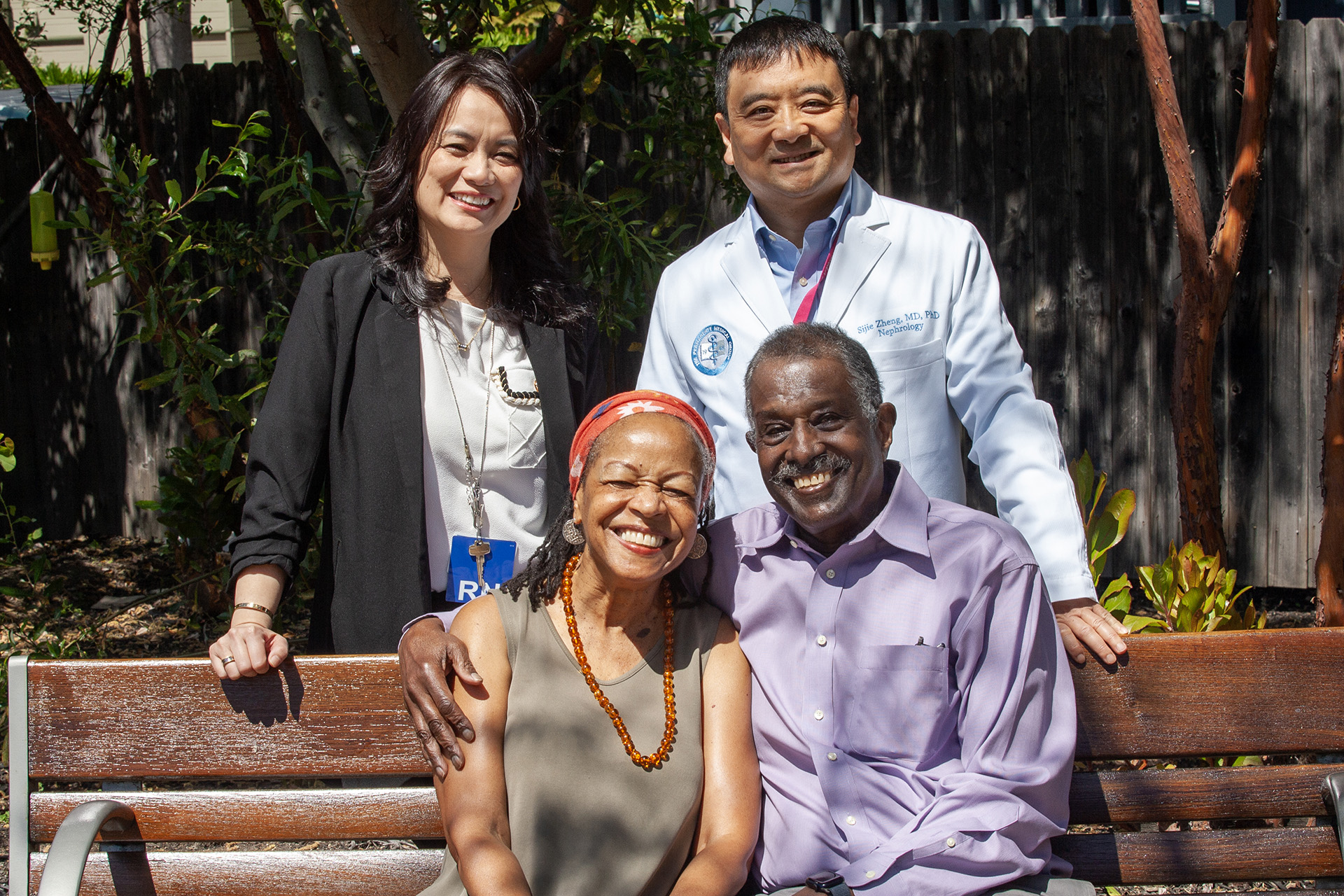
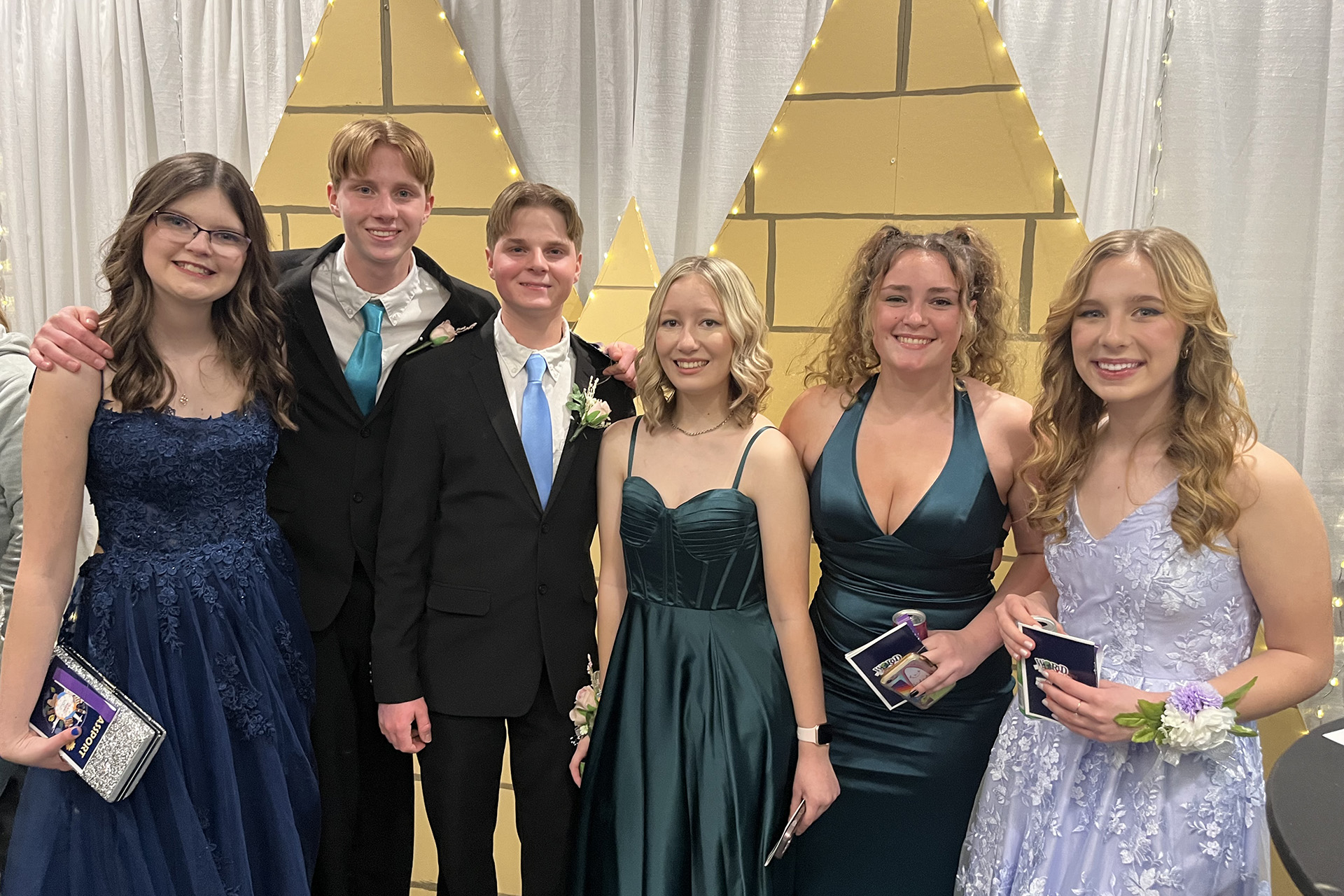
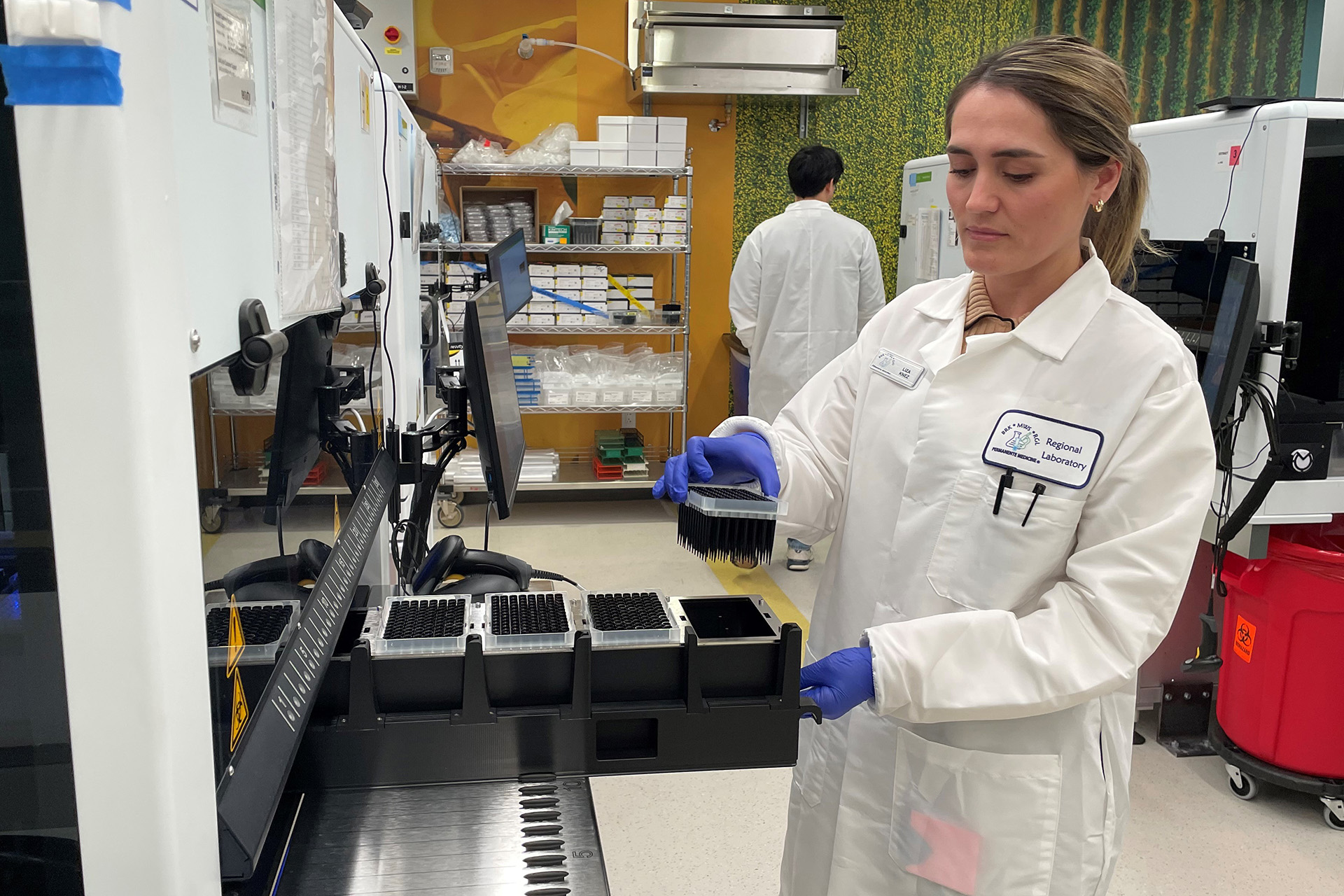
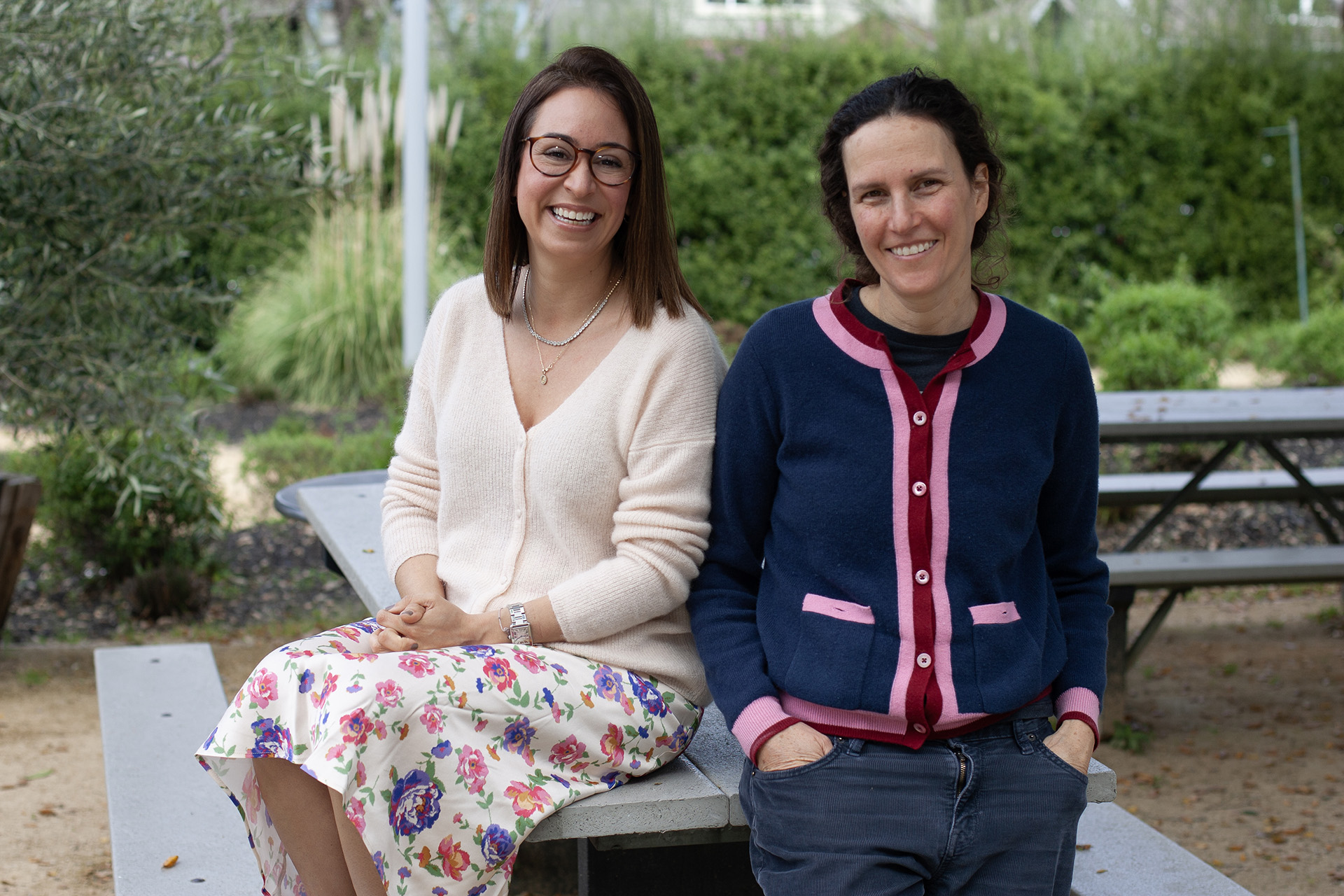
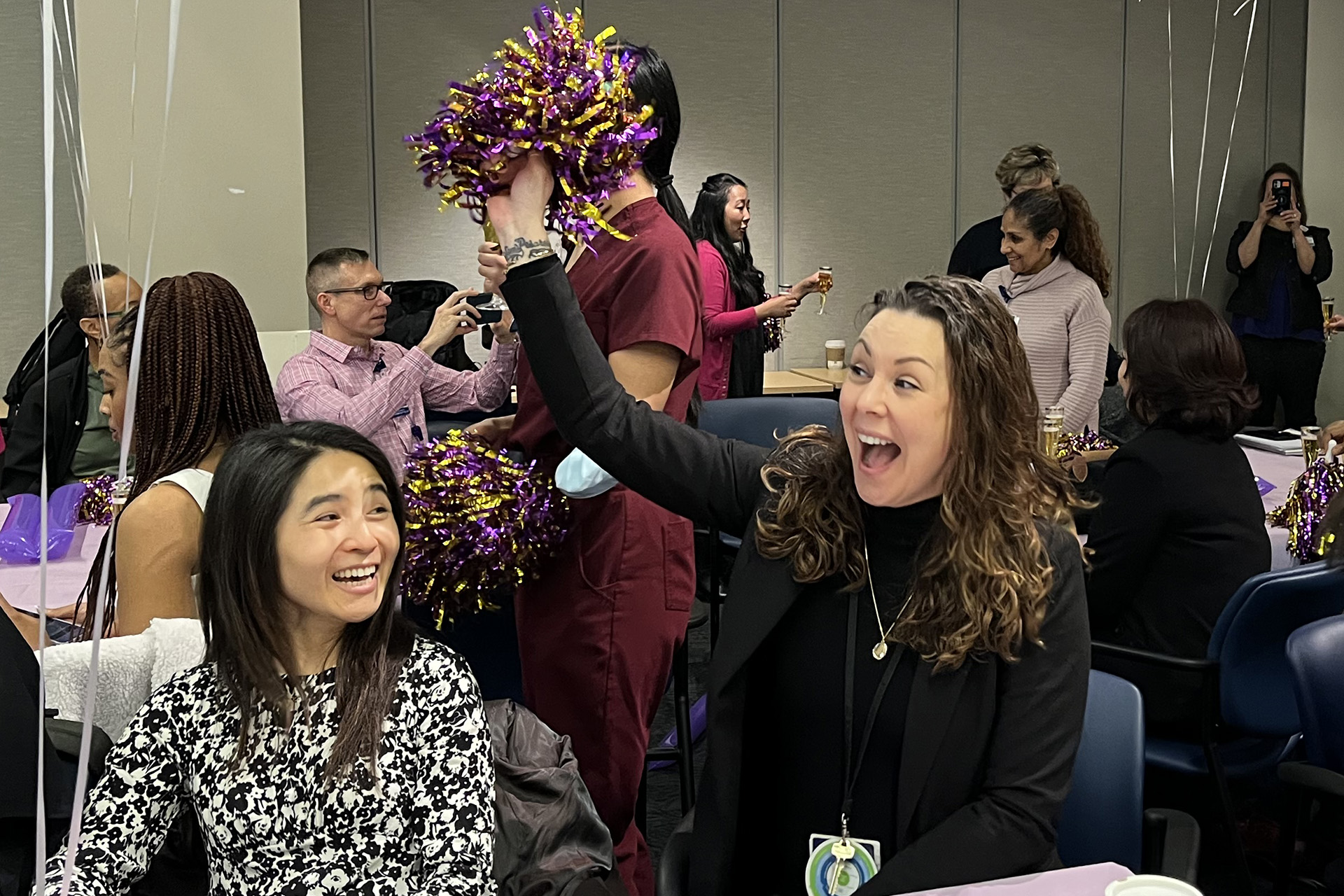
This Post Has One Comment
I’ve known Paul and Tia over 30 years and what is written about their healthy lifestyles is 100% accurate. In addition, I believe God has put them them together to serve as a model of 2 people in spiritual harmony.